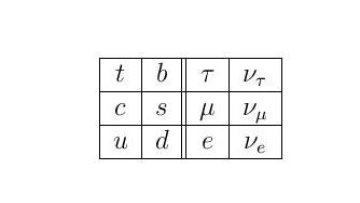Mathematics: the past, present and future – "Mathematical Biology: How the Leopard is Changing its Spots"
Abstract
Mathematical biology has grown enormously over the past 40 years and has changed considerably. At first, biology inspired mathematicians to come up with models that could, at an abstract level, "explain" biological phenomena - one of the most famous being Alan Turing's model for biological pattern formation. However, with the enormous recent advances in biotechnology and computation, the field is now truly inter- and multi-disciplinary. We shall discuss the changing role mathematics is playing in applications to biology and medicine.


